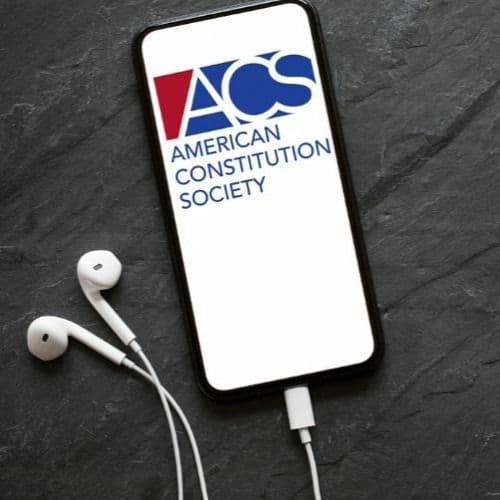Miscellaneous
After the federal government failed to announce a clear, national strategy for combating the COVID-19 health crisis, some state and local leaders took charge. Relying on the Constitution's federal structure, they closed schools and non-essential businesses, issued stay-at-home orders, mandated moratoriums on evictions, and dispensed emergency vouchers to help people buy food. Others, however, initially resisted such shutdowns until the public health guidance became unambiguous. As the economic impact of the pandemic quickly became its own crisis, Congress passed legislation designed to alleviate some of the stress felt by employers and individuals now forced out of work, but as the shutdown drags on, some state leaders are deciding to lift their stay-at-home orders much before others believe it is safe to do so. And the administration's concern about the economy has led the President to claim "total authority" to supersede state directives, while the Attorney General recently suggested the government is considering litigation against governors who want to retain lockdowns longer than the administration believes necessary. How does the Constitution divide decision-making authority in a public health crisis between the federal and state governments? Can the administration force states to follow its lead? What does the patchwork of state responses mean for our national recovery (both health and economic)? Ultimately, is our federal system an advantage or disadvantage in the fight against COVID-19? Welcome: Russ Feingold, President, ACS Featured Speakers: Aziz Huq, Frank and Bernice J. Greenberg Professor of Law, University of Chicago Law School, ACS Board of Directors Miriam Seifter, Associate Professor of Law, University of Wisconsin Law School Debra Perlin, Director of Policy & Program, ACS, Moderator

